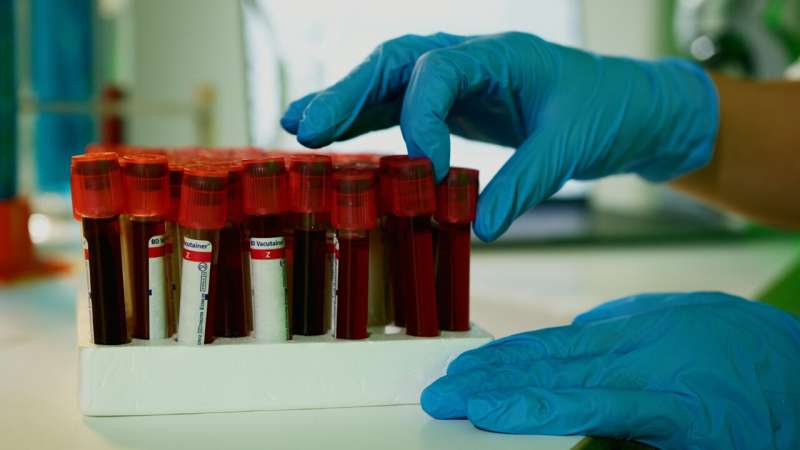“We need ways to identify underlying neurodegenerative diseases earlier in patients with cognitive symptoms,” said corresponding author Freddie Márquez, Ph.D., a postdoctoral scholar in the Department of Neurosciences at UC San Diego School of Medicine. “This study highlights the promise of blood-based biomarkers as a more accessible and scalable tool for understanding cognitive decline, particularly in populations that have been underserved by traditional methods.”
There is currently only one blood test approved by the Food and Drug Administration to assist in diagnosing Alzheimer’s disease. While this test, the Lumipulse G pTau217/Aβ42 plasma ratio, can detect proteins associated with Alzheimer’s in the blood, it is currently very expensive and only available in specialized care settings. Whether or not blood can be reliably used for early Alzheimer’s detection on a larger scale is still unknown.
To help answer this question, the researchers used data from the Study of Latinos–Investigation of Neurocognitive Aging. This clinical study assessed neurocognition in a subset of participants from the Hispanic Community Health Study/Study of Latinos, the largest, most comprehensive long-term study of Hispanic and Latino health and disease in the United States.

